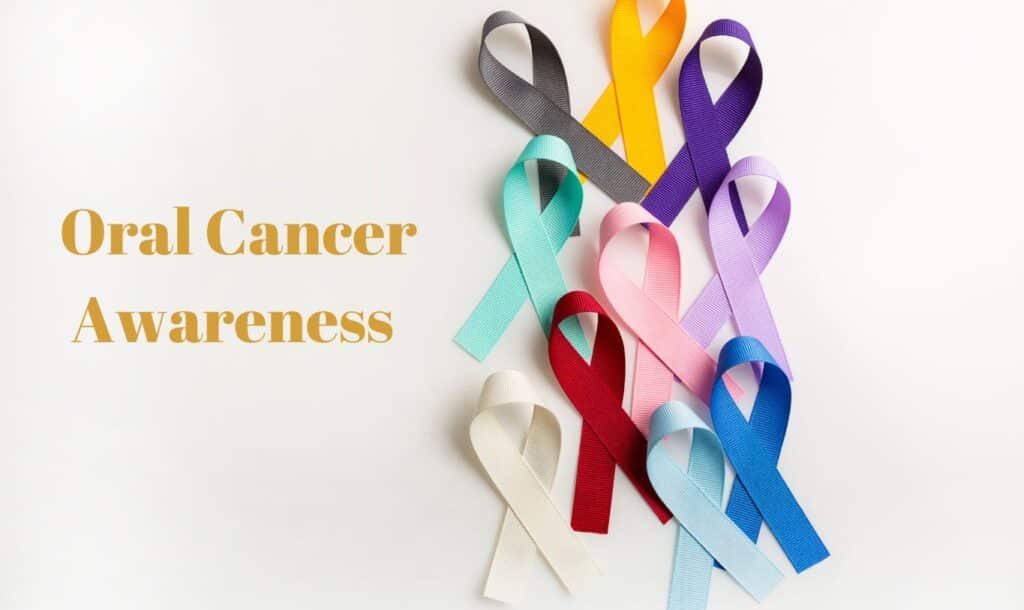Oral cancer, while often overlooked, is a serious health concern affecting thousands of individuals worldwide each year. Despite its prevalence, many people remain unaware of its risks, symptoms, and the importance of early detection. In this comprehensive guide, we’ll delve into all aspects of oral cancer awareness, from understanding the disease to prevention strategies and the significance of regular screenings.
Understanding Oral Cancer
Oral cancer encompasses cancers that develop in the mouth, including the lips, tongue, cheeks, gums, and throat. It can manifest in various forms, including squamous cell carcinoma, which is the most common type. Risk factors for oral cancer include smoking, heavy alcohol consumption, HPV infection, excessive sun exposure to the lips, and a family history of the disease.
Recognizing the Signs and Symptoms
Early detection of oral cancer is crucial for successful treatment outcomes. However, the early stages of the disease may not always present noticeable symptoms. Nevertheless, there are some signs to watch out for, including persistent mouth sores, pain or difficulty swallowing, unexplained bleeding in the mouth, persistent hoarseness, and lumps or thickening in the mouth or throat.
Importance of Oral Cancer Awareness
Raising awareness about oral cancer is essential for several reasons. First and foremost, increased awareness can lead to early detection, improving prognosis and treatment outcomes. Moreover, understanding the risk factors and symptoms empowers individuals to take proactive steps to reduce their risk and seek medical attention promptly if any concerning signs arise.
Spreading Awareness: How You Can Help
Everyone can play a role in spreading awareness about oral cancer. Whether through social media campaigns, community events, or simply having conversations with friends and family, sharing information about the disease and the importance of regular dental check-ups can make a significant difference. Additionally, supporting organizations and initiatives dedicated to oral cancer research and education can help further the cause.
Prevention Strategies
While some risk factors for oral cancer, such as genetics, cannot be controlled, there are lifestyle changes individuals can make to reduce their risk. Avoiding tobacco products, limiting alcohol consumption, practicing sun safety by using lip balm with SPF, and maintaining good oral hygiene are all important preventive measures. Furthermore, getting vaccinated against HPV can also lower the risk of developing certain types of oral cancer.
Importance of Regular Screenings
Regular dental check-ups are not only essential for maintaining oral health but also for early detection of oral cancer. Dentists are trained to identify the early signs of oral cancer during routine examinations, often before symptoms become apparent to patients. Therefore, scheduling regular dental visits with dentists, typically every six months, is crucial for early detection and intervention.
Conclusion
Oral cancer awareness is vital for saving lives and improving outcomes for those affected by the disease. By understanding the risk factors, recognizing the signs and symptoms, and prioritizing regular screenings, individuals can take proactive steps to protect their oral health. Together, through education, advocacy, and support, we can make a difference in the fight against oral cancer. Let’s raise awareness, promote prevention, and strive for a future where oral cancer is no longer a threat to our communities.

